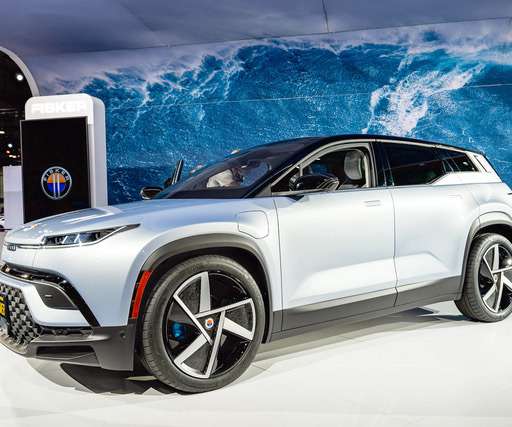R?sselsheim Engineering Center developing next four-cylinder gasoline engine generation for Groupe PSA; optimized for hybrids
Green Car Congress
JUNE 14, 2018
The Rüsselsheim Engineering Center will take on the global responsibility for the development of the next-generation of high-efficiency gasoline engines for all Groupe PSA brands (Peugeot, Citroën, DS Automobiles, Opel and Vauxhall). Rüsselsheim already had global responsibility for engine development when we were still part of GM.





















Let's personalize your content